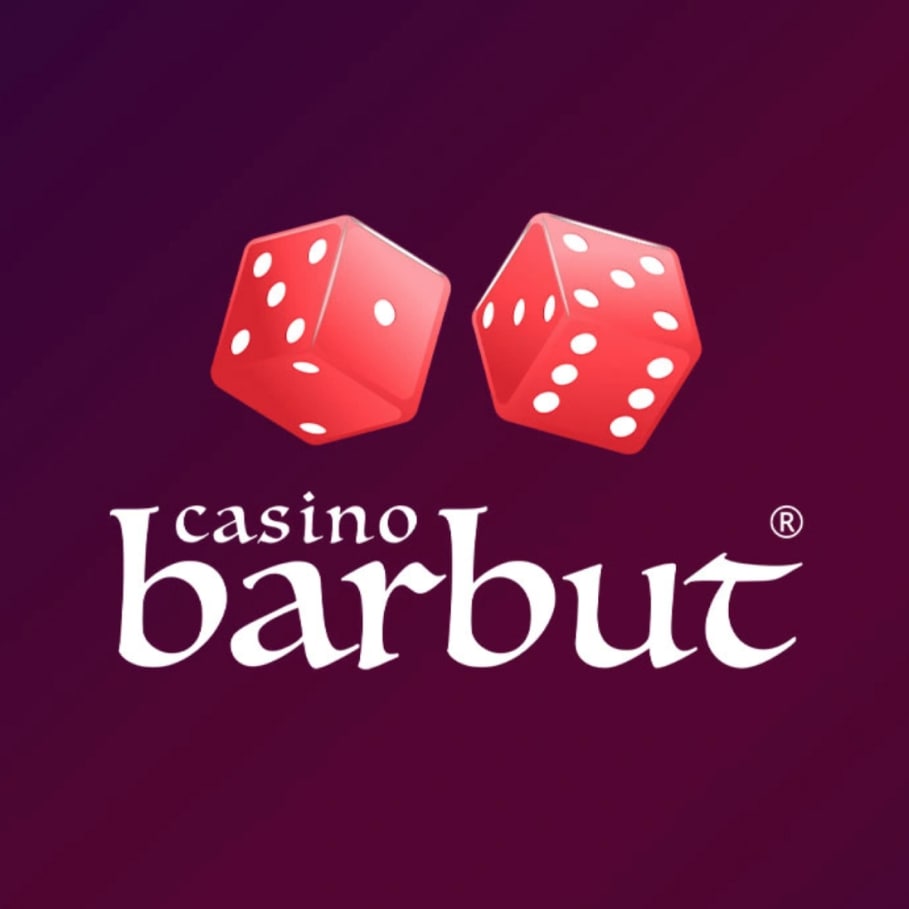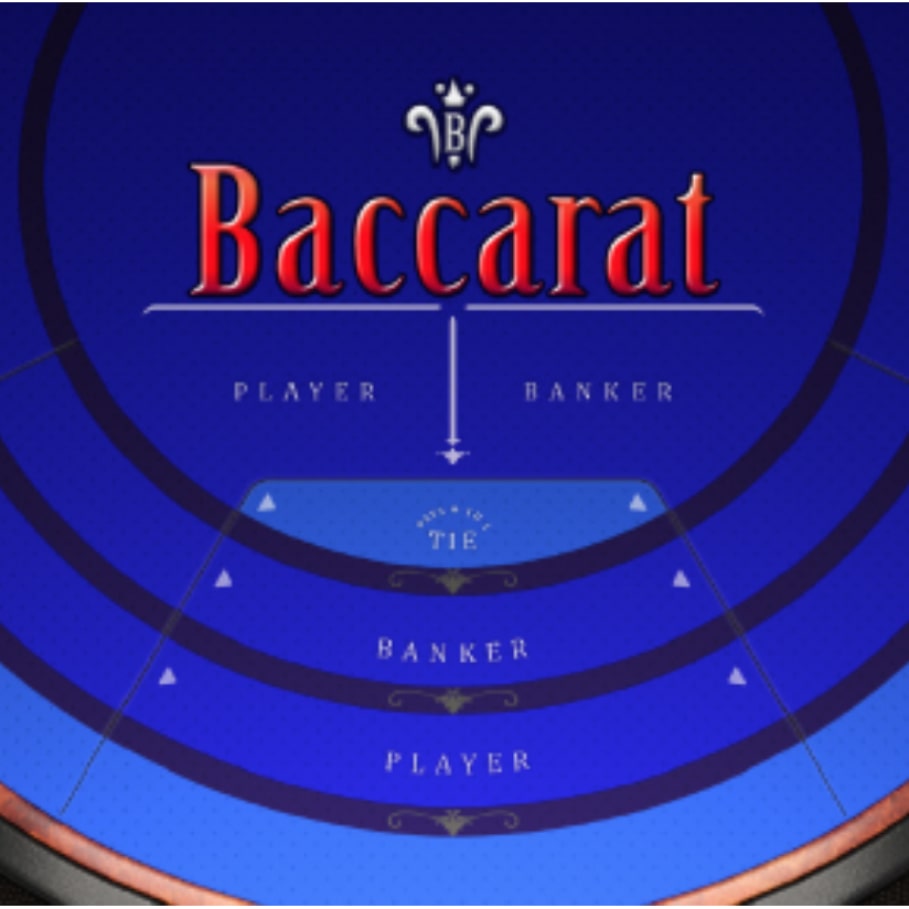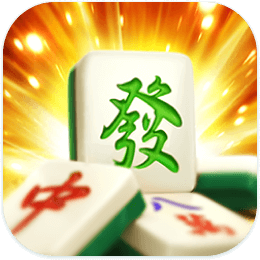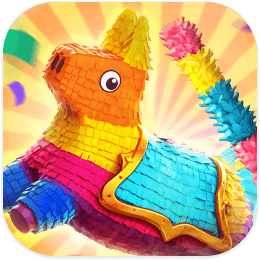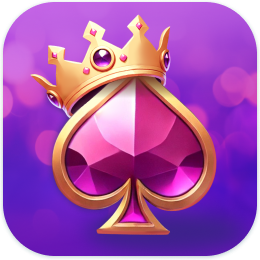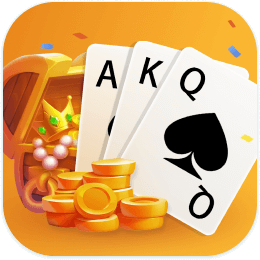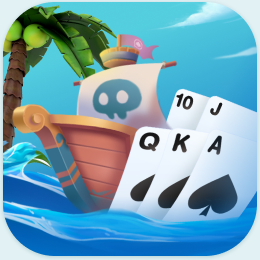What is the future of the game of roulette?

What is the future of the game of roulette?
One potential future for roulette is the integration of virtual and augmented reality technologies. This would allow players to immerse themselves in a virtual casino environment and enjoy a more realistic and engaging gaming experience.
Another potential future for roulette is the continued growth of online gaming. As more and more people turn to the internet for their gaming needs, online casinos are likely to become even more popular. This could lead to the development of new and innovative types of roulette games that are specifically designed for online play.
Finally, the continued expansion of cryptocurrency and blockchain technology could also have a significant impact on the future of roulette. As more players look for ways to make secure and anonymous transactions, it is possible that we will see more online casinos accepting cryptocurrencies like Bitcoin as a form of payment.
FAQ
When and where was the game of roulette first played?
When and where was the game of roulette first played? The game as we know it today first appeared in Paris in 1796, and quickly gained popularity throughout Europe, especially in the casinos of Monte Carlo. The addition of the zero by Francois and Louis Blanc in the mid-19th century helped to increase the house edge and make the game more profitable for casinos.
Who invented the game of roulette?
Who invented the game of roulette? The exact origins of roulette are a subject of much debate and speculation among historians and gambling enthusiasts. While there is no clear consensus on the game’s inventor, several theories exist regarding its creation. One of the most popular theories is that the game was invented by a French mathematician named Blaise Pascal in the 17th century. According to this theory, Pascal was attempting to develop a perpetual motion machine when he inadvertently created the roulette wheel.
How did the introduction of online casinos impact the game of roulette?
How did the introduction of online casinos impact the game of roulette? The introduction of online casinos has had a significant impact on the game of roulette. Online casinos made roulette and other casino games easily accessible to anyone with an internet connection. Players can now enjoy their favorite casino games from the comfort of their own homes, without having to travel to a land-based casino. Online casinos also introduced new variations of roulette, such as multi-wheel roulette and mini-roulette, which are not typically found in traditional casinos.
What is the origin of the name Roulette?
What is the origin of the name Roulette? The origin of the name “roulette” is French and it means “little wheel”. The name is derived from the fact that the game is played on a small wheel that spins around, with players betting on where the ball will land. The word “roulette” was first used in its current context in the 18th century, although the game itself dates back much earlier.
Does Riverwind Casino have blackjack?
Whether you swing by the Blackjack tables for a chance at a prize-winning hand, ante up at the Ultimate Texas Hold ‘Em tables, take on the banker in Baccarat, go all-in on a 00 in Roulette, or roll the dice at Craps, we have your craving for winning covered, 24/7.
How many machines are at Riverwind Casino?
Between the adrenaline-pumping energy of Riverwind’s 2,800+ electronic gaming machines, the satisfying lineup of bars and restaurants plus the neverending calendar of big-name acts gracing the Showplace Theatre stage, there’s so much to take in at Riverwind Casino, you might as well make plans to stay awhile.
Does Oklahoma City have a casino?
Oklahoma City’s only casino is open every day of the year and offers 750 of the top electronic gaming machines guests love to play. Remington Park also features various restaurants and Pubs.
Welcome to Riverwind Casino, the OKC metro is number ONE destination for food, entertainment and winning for more than a decade.
This site only collects related articles. Viewing the original, please copy and open the following link:What is the future of the game of roulette?












